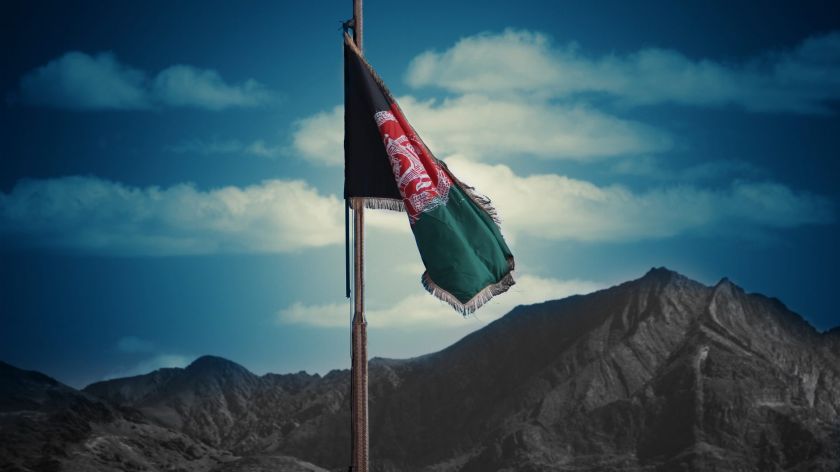Series of lectures to draw attention to Afghanistan: ‘we only notice a fraction of what’s going on’
-
 Foto ter illustratie. Via: Unsplash
Foto ter illustratie. Via: Unsplash
How are things in Afghanistan a little over a year after the Taliban took power? What effect does war have on men and women? And how are the 2000 Afghan refugees in the Netherlands doing? PhD candidate and diversity expert Lema Salah is organising three nights in LUX around those themes. ‘Afghanistan appears to have vanished from the media’s sights.’
This past August marked the anniversary of the Taliban’s takeover of Afghanistan. Much has changed in the West-Asian country in the interim. Women’s rights have all but vanished, the economy is in a deep recession, and free media are censored or otherwise silenced.
‘Even so, Afghanistan is more than a country of war and misery’, according to Lema Salah, PhD candidate of Political Science and a diversity- and inclusivity expert at Radboud University. In a series of lectures called Salaam Afghanistan, Salah and several guest speakers look back on the past year, but also on Afghanistan’s history. ‘Because it is a rich history, filled with arts and culture. That story deserves to be told as well.’
Afghan refugees
The lectures are a joint project between the Political Science department and the LUX Arthouse; they will be taking place at LUX over the course of three weeks. The first lecture, which is set to take place tomorrow night, concerns the changes in Afghanistan of the past year, as well as the country’s political history. ‘Afghanistan is a country that has seen a lot of political changes over the past 40 years’, Salah explains. ‘And those changes have all had a unique influence, which is something to consider carefully.’ Afghan musicians will be providing the night’s musical accompaniment, and an Afghan author will be reading a story.
‘Women are made to endure sexual violence, where rape is used as a form of oppression’
The lectures will also pay attention to the over 2000 Afghan refugees who have fled to the Netherlands since Afghanistan’s downfall. ‘The second lecture will focus on the experiences of Afghan refugees during the evacuation of Kabul and their arrival in the Netherlands’, according to Salah. ‘We Dutch often see refugees as just that: refugees. But their story doesn’t end when they reach the Netherlands. That is why we want to take this night to give those people center stage, not just the suffering they’ve had to endure.’
Sexual violence in wartime
The third lecture is concerned with gender in a time of war. ‘The effect that a war has on people varies between men and women, and has different consequences for people in the LGBT community’, Salah says. Women are made to endure sexual violence, where rape is used as a form of oppression. But men are attacked so that they can’t fight for the enemy. This was evident in Sierra Leone, where predominately men had their hands and feet cut off.’
The motivation for the variation of themes is not just the desire to tell the full story, according to Salah, but also the way that Western media present the Afghan story. ‘Ever since the power struggle, Afghanistan appears to have vanished from the media’s sights. If you read about it at all, it’s mostly concerned with terrorist attacks and worsening human rights’ violations. But that’s just a fraction of everything that’s going on.’
Salah realises that it is very difficult to tell the whole story in just three lectures. ‘But we have to start somewhere. I hope we can teach people a thing or two by focusing on less familiar subjects. And of course, I hope we can do justice to the whole story.’
The first lecture will take place tomorrow evening. Among others, the speakers will consist of Romain Malejacq, professor of International Relations at Radboud University, as well as Husna Jalal, the founder of the Young Afghan Women’s Movement. Tickets are available at 7,50 euro’s each. Afghans who fled to the Netherlands in the past year can enter for free. For tickets and more info, follow this link.
This article was translated by Jasper Pesch



